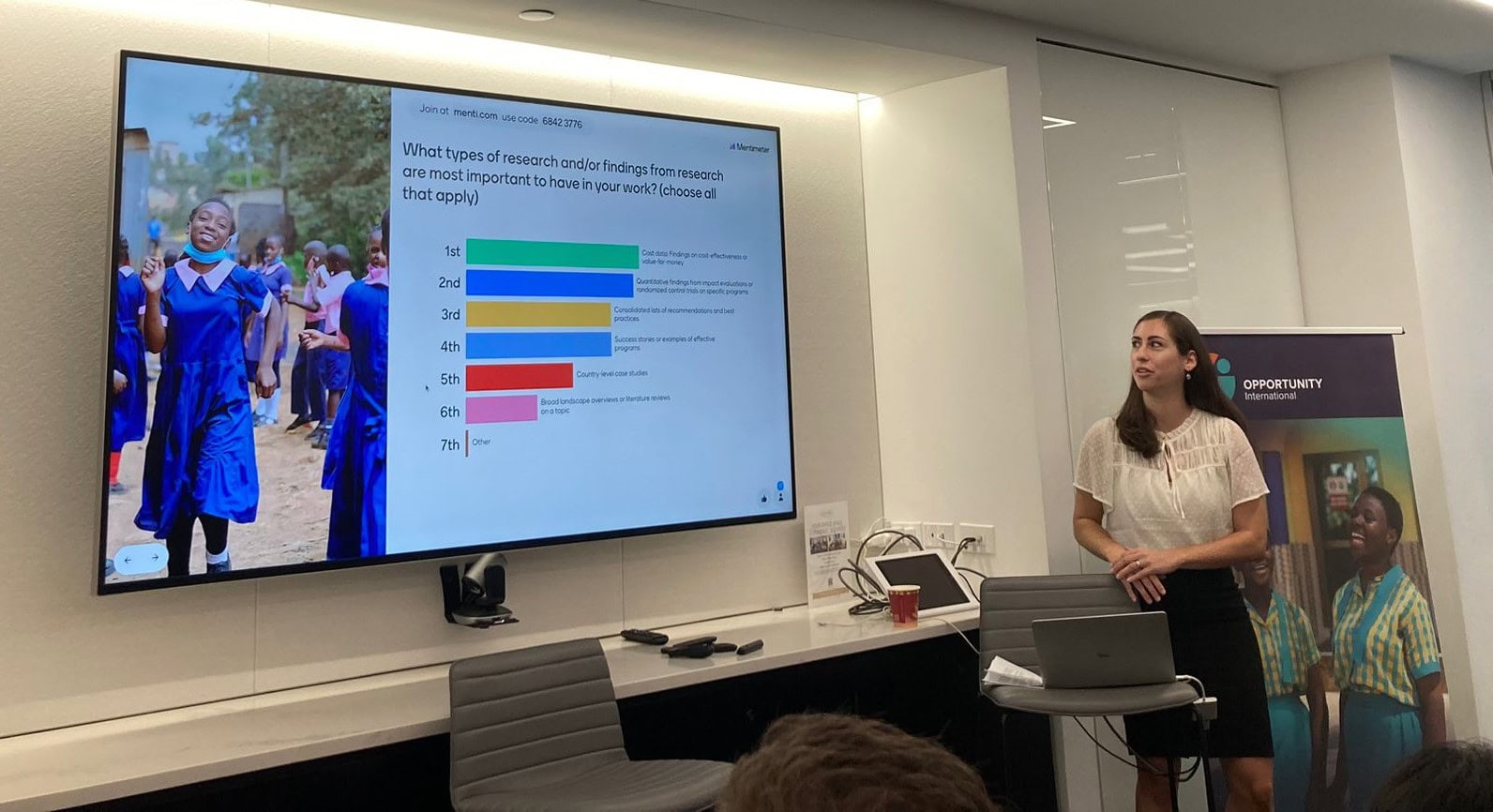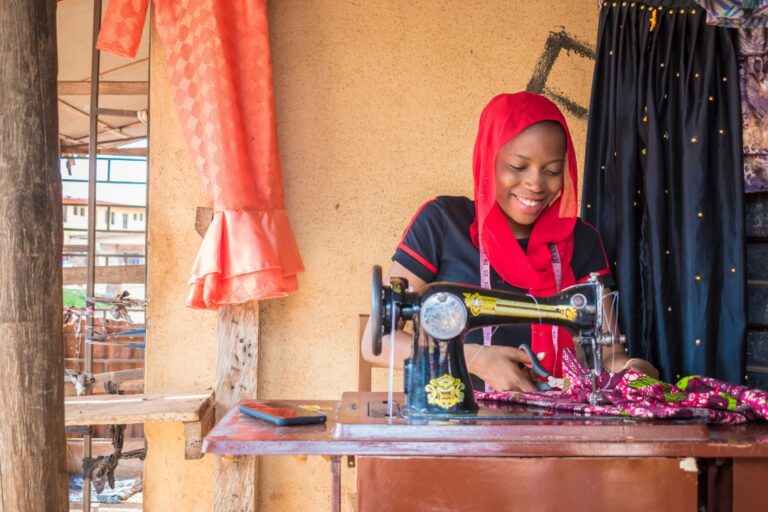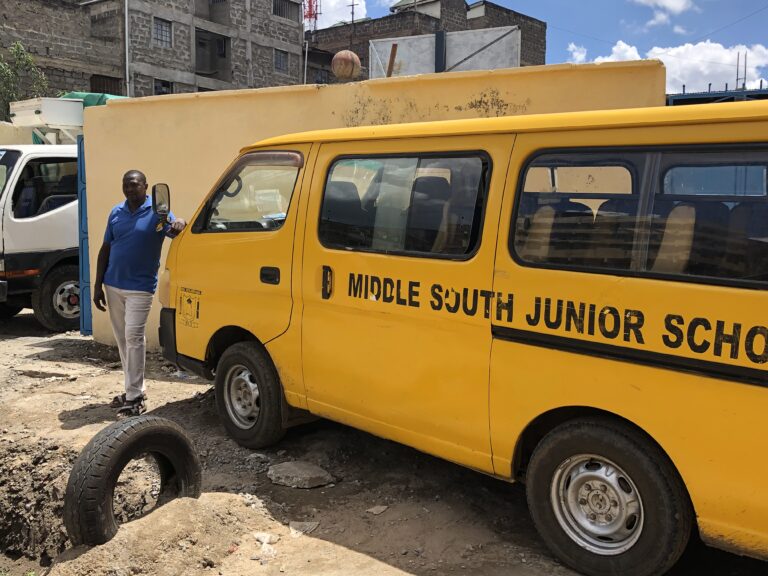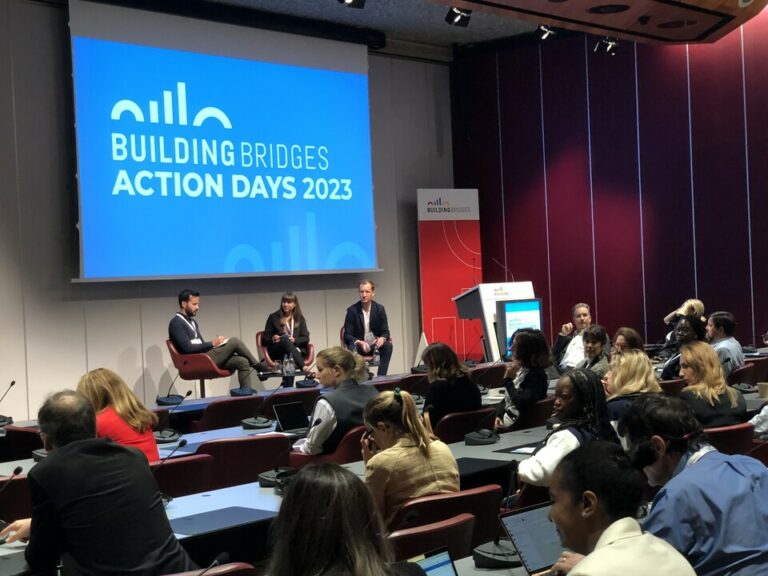UNGA side events showcase role of non-state actors in achieving quality education for all

As leaders around the world gathered for the 2023 United Nations General Assembly (UNGA) and Sustainable Development (SDG) Summit, many non-governmental organizations, social enterprises, impact investors, and other changemakers gathered on the sidelines to share and learn about how to ensure quality education for all learners and create innovative learning solutions. The Education Finance Network attended several of these side events hosted by our members and other education actors – here is a snapshot of what we learned.
The role of non-state actors in education
In an event hosted by Opportunity International EduFinance, speakers from Luminos Fund and Street Child, among others, discussed the role of non-state actors in providing access to high-quality education for students in low- and middle-income countries, and especially in reaching the ‘last mile’ learners. A key point raised here was that the debate between access and quality should not be viewed as an either-or scenario. In reality, we cannot ensure quality without first ensuring access. Nevertheless, we mustn’t limit our focus to merely getting children into a classroom, as this is only the first step in ensuring they are learning.
Natalie Davirro from the Education Finance Network gave a preview of the updated Non-State Actors in Education: Evidence Gap Map (EGM), highlighting that even though there is substantial evidence on the role of non-state actors in education, several gaps still remain. One of the most glaring evidence gaps is around innovative financing tools, such as school fee loans and impact bonds, as well as cost-effectiveness and cost-benefit analyses, which are limited partly due to lack of cost data.
Educating and empowering girls
The contribution of non-state actors in education was also highlighted in an event on the imperative to prioritize girls’ education. The event was hosted by Dalberg and Educate Girls, and India-based organization that brings out-of-school girls into school and ensures that they stay in school and learn.
In this event, which also had the participation of Malaika, a grassroots organization that provides free primary and secondary education to girls in the village of Kalebuka in the Democratic Republic of Congo, the speakers emphasized that grassroots efforts in education and community engagement play a pivotal role in achieving sustainable educational outcomes for girls. Since grassroots efforts are grounded in the specific needs and context of a community, they can tailor educational programs to address local challenges, cultural nuances, and socioeconomic disparities, making education more relevant and effective. In addition, when communities are actively involved in educational initiatives, they take ownership of the process and outcomes, which leads to increased commitment, accountability, and a greater likelihood of long-term success. This argument is further emphasized in the Education Finance Network’s evidence brief Sole Proprietor Low-Cost Private Schools: Conditions for Success.
Education and climate change
A theme of growing interest in the education community, and the topic of an event hosted by Dubai Cares and the COP28 Presidency, is the intersection between climate and education. COP28 will be the first COP where there is a day devoted to education, testifying to the priority placed by global leaders on the need to create climate-resilient education systems.
In the event “Rewiring Education for People and Planet: The Road to COP28”, which was introduced by HE Adnan Ameen, CEO of COP28, speakers from UNICEF, Education Cannot Wait (ECW), and Aga Khan Foundation UK underscored that local youth participation will be a measure of success for the upcoming COP28 and for the ongoing climate effort. Young people from all parts of the world must be a part of the climate conversation, including the most marginalized and vulnerable.
Young people must also be empowered with the skills and capabilities needed to tackle future challenges. Education is a tool for climate change mitigation and adaptation, and curricula and teacher pedagogy need to link learning with climate change. (Read our recent blog about how our member VVOB designed and delivered a project aiming to make climate change education part of school and classroom practice in South Africa.)
Eradicating illiteracy in Brazilian schools
The need to bring in more private finance into education was a topic discussed in an event hosted by Fundação Lemann which showcased the efforts undertaken to ensure age-appropriate literacy in Brazilian public schools. Speakers from Teaching at the Right Level Africa and Co-Impact act also presented learnings from Zambia, Madagascar, and Mexico.
In the keynote speech by the Interamerican Development Bank, two compelling reasons why investors should channel funds towards education in Latin America were emphasized:
- Investing in education promotes progress, growth, and productivity. Improving student test scores by one standard deviation is linked to a 2.6 percentage point higher economic growth rate.
- Investing in education promotes inclusion, reduces poverty, and can help diminish gender inequalities. Large scale education programs implemented in Brazil not only increased access to education, but also contributed to improve other compounding factors of poverty, such as health and sanitation.
Other key threads that emerged in the event were cross-collaboration among government bodies as imperative to securing sustainable, enduring change despite political shifts; focusing on solutions addressing government-identified problems and challenges, and ensuring government buy-in from the start for successful and sustainable scaling; and ensuring that pilots are designed with consideration for potential challenges and complexities, e.g. around cost, that may arise when scaling up.
One year after the Transforming Education Summit, held during the 2022 UNGA, the alarming deficits in access, equity, inclusion, and quality of education continue to severely impact children and youth across the world. To tackle the global education crisis, private and public actors must join forces to finance and implement large-scale solutions that can help close the remaining gaps to achieving the targets set forth in Sustainable Development Goal 4.





